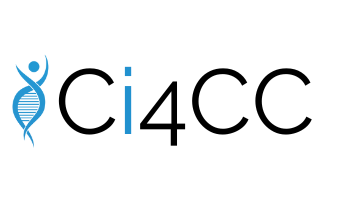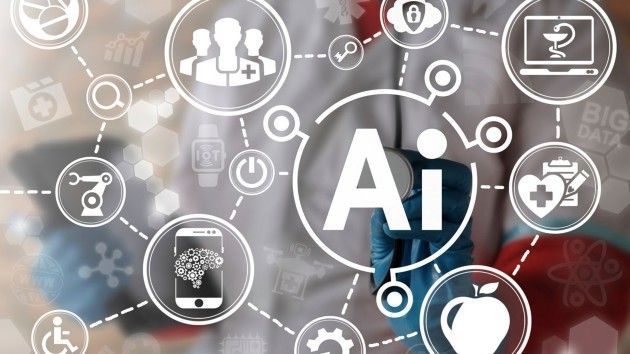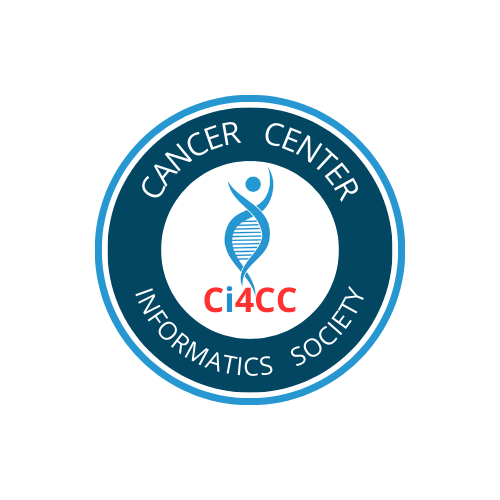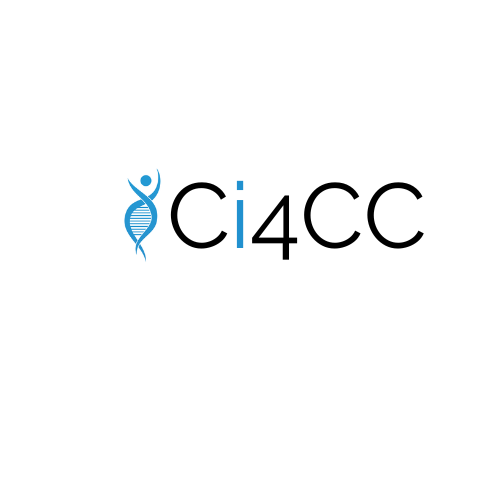NIH issues finalized policy on genomic data sharing
The National Institutes of Health has issued a final NIH Genomic Data Sharing (GDS) policy to promote data sharing as a way to speed the translation of data into knowledge, products and procedures that improve health while protecting the privacy of research participants. The final policy was posted in the Federal Register Aug. 26, 2014 and published in the NIH Guide for Grants and Contracts Aug. 27, 2014.
Genomic Data Sharing Policy
Starting with funding applications submitted for a Jan. 25, 2015, receipt date, the policy will apply to all NIH-funded, large-scale human and non-human projects that generate genomic data. This includes research conducted with the support of NIH grants and contracts and within the NIH Intramural Research Program. NIH officials finalized the policy after reviewing public comments on a draft released in September 2013.
The GDS policy can be traced to the Human Genome Project, completed in 2003, which required rapid and broad data release during its mapping and sequencing of the human genome. The GDS policy is an extension of and replaces the Genome-Wide Association Studies (GWAS) data sharing policy. Since 2007, the GWAS policy has governed biomedical researchers’ submission and access to human data through the NIH database for Genotypes and Phenotypes (dbGaP). Its two-tiered data distribution system has made some information and data available to the public without restrictions. Access to other data has been controlled and made available only for research purposes consistent with the consent provided by participants in the original study.
Under the GWAS policy, more than 2,200 investigators from 41 different countries have received access to dbGaP data from 304 studies and produced more than 900 publications. A report on genomic data sharing through dbGaP under the GWAS policy appears in the Aug. 27, 2014, advance online issue of Nature Genetics. The report was written by members of the NIH Genomic Data Sharing policy team.
“Everyone is eager to see the incredible deluge of molecular discoveries about disease translated into prevention, diagnostics, and therapeutics for patients,” said Kathy Hudson, Ph.D., NIH deputy director for science, outreach and policy. “The collective knowledge achieved through data sharing benefits researchers and patients alike, but it must be done carefully. The GDS policy outlines the responsibilities of investigators and institutions that are using the data and also encourages researchers to get consent from participants for future unspecified use of their genomic data.”
Along with statistics about the use of dbGaP data, the Nature Genetics report outlines the challenges facing the field, such as the increased volume and complexity of genomic data.
“Advances in DNA sequencing technologies have enabled NIH to conduct and fund research that generates ever-greater volumes of GWAS and other types of genomic data,” said Eric Green, M.D., Ph.D., NHGRI director, report co-author and a co-chair of the trans-NIH committee that developed the GDS policy. “Access to these data through dbGaP and according to the data management practices laid out in the policy allows researchers to accelerate research by combining and comparing large and information-rich datasets.”
A key tenet of the GDS policy is the expectation that researchers obtain the informed consent of study participants for the potential future use of their de-identified data for research and for broad sharing. NIH also has similar expectations for studies that involve the use of de-identified cell lines or clinical specimens.
The two-tiered system for providing access to human data is based on data sensitivity and privacy concerns developed under the GWAS policy will continue. For controlled-access data, investigators will be expected to use data only for the approved research, protect data confidentiality (including not sharing the data with unauthorized people), and acknowledge data-submitting investigators in presentations and publications.
NIH expects any institution submitting data to certify that the data were collected in a legal and ethically appropriate manner and that personal identifiers, such as name or address, have been removed. The NIH GDS policy also expects investigators and their institutions to provide basic plans for following the GDS policy as part of funding proposals and applications.
Other highlights of the GDS policy
- Investigators are encouraged to seek the broadest possible sharing permissions from participants for future research use of their data.
- Timelines for data submission and access should promote timely and broad data sharing while being mindful of the significant effort by investigators to generate and prepare data for release, as well as to realize benefit from engaging research participants.
- In general, investigators should make non-human genomic data publicly available no later than the date of initial publication. Non-human data can be deposited into widely used NIH-designated repositories other than dbGaP.
- The NIH GDS policy explicitly encourages the broadest possible use of findings and development of products/technologies from the use of NIH-funded genomic data to promote maximum public benefit.
- The scope is intentionally general enough to accommodate the evolving nature of genomic technologies, with more specific expectations provided through accompanying Supplemental Information to the NIH Genomic Data Sharing Policy.
The NIH GDS governance structure, described at http://gds.nih.gov/04po2.html, will be responsible for oversight of the GDS policy, including policy needs and issues related to data submission and access. The committees will also monitor scientific and ethical or legal developments that might warrant further policy development. Compliance with the policy will become a special condition in the grant or contract award. Failure to comply could lead to enforcement actions.
Investigators should submit data-sharing plans that meet the expectations of the GDS policy with the extramural funding application or prior to the start of intramural research projectsNIH advises investigators seeking funding to contact relevant extramural program directors or an NIH institute or center Genomic Program Administrator (GPA) as early as possible to discuss data sharing expectations and timelines that would apply to their proposed studies. For a list of GPAs, visit http://gds.nih.gov/04po2_2GPA.html.
For complete information about genomic data sharing and a link to the GDS policy, see http://gds.nih.gov.
Paltoo, DN, Rodriguez, LL, Feolo, M, et al. Data Use under the NIH GWAS Data Sharing Policy and Future Directions. Nature Genetics 46, 934–938 (2014) doi:10.1038/ng.3062 Published online 27 August 2014: http://www.nature.com/ng/journal/v46/n9/full/ng.3062.html.
About the National Institutes of Health (NIH): NIH, the nation's medical research agency, includes 27 Institutes and Centers and is a component of the U.S. Department of Health and Human Services. NIH is the primary federal agency conducting and supporting basic, clinical, and translational medical research, and is investigating the causes, treatments, and cures for both common and rare diseases. For more information about NIH and its programs, visit www.nih.gov.

Cancer Informatics for Cancer Centers
466 Foothill Blvd, #393. La Canada Flintridge 91011
Ci4CC is a 501c(3) Pending 2025 Transition Updates
EIN: Available for sponsors
General Questions: sarahrose@ci4cc.org
Built by One Eleven




